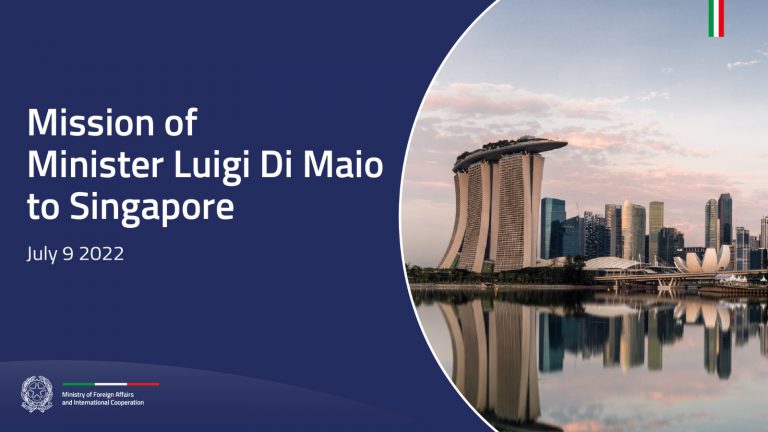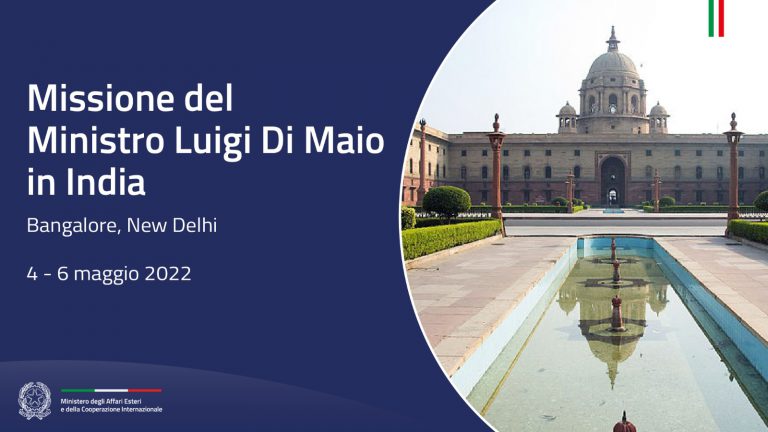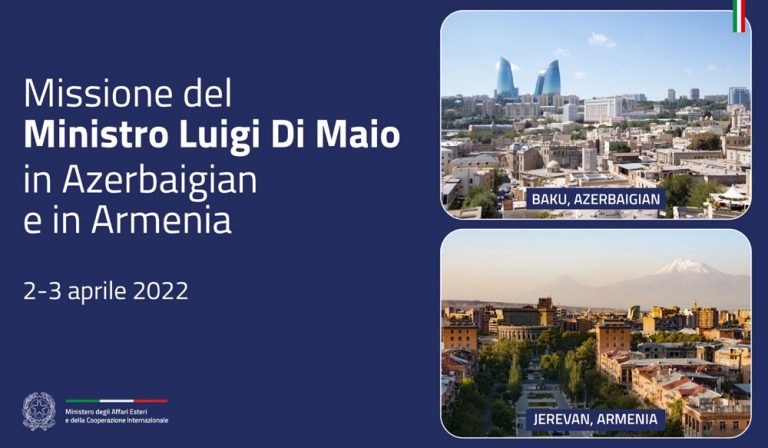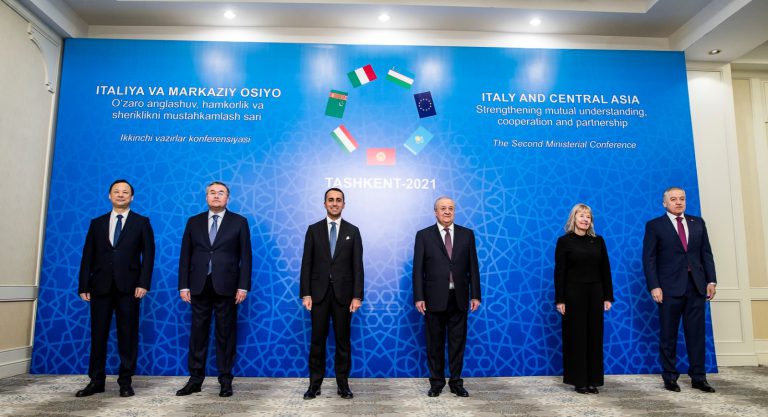Headquarters to the Ministry of Foreign Affairs since the 1940s, its monumental white travertine and symmetrical geometry housing 1300 rooms, the Farnesina Palace and the marble statues of the Foro Italico, combine to express a solidity capable of resisting the country’s political convulsions and perhaps even the Mayan prophecy. But for other reasons entirely, and certainly not age-old ones, the hours and minutes here today are being counted down, as the speeches of the 9th Conference of Ambassadors of Italy are delivered, in nervous expectation of Premier Monti’s announcement that he is about to deliver his resignation to the President of the Republic.
Minister for Foreign Affairs Giulio Terzi crosses his fingers: “We anxiously await the return of our marines from India; it was my personal commitment to bring them home for the holidays, but also to respect the Indian authorities decision with a letter of assurance to my Indian colleague Salman Khurshid”. Massimiliano Latorre and Salvatore Girone, detained in India for the past 10 months on the charge of killing two fishermen in the course of counter-piracy operations in the Indian Ocean, are coming home today. But a single wrong word could put everything at risk, down to the last moment, even now that the High Court of Kerala has granted a 15-day leave “on bail”. It is a relief when the news arrives that the two Italians have been given their passports back.
“This has been a paradoxical episode”, Terzi says, “from start to finish. The marines fell into a trap and it cannot be explained that they were captured by force. No one has any idea of the difficulties we have encountered, despite the international diplomatic reactions of the European Union and other countries with influence in India. It is now important that this affair not be manipulated for the usual in-house purposes. But I am hopeful”.
Terzi’s words regarding India’s intransigence to the marines being placed under international jurisdiction are confirmed by a portion of the New Delhi press, as witnessed by the vaguely sarcastic New Indian Express headline “Roman Holiday for the Marines”. Somewhat more composed, other newspapers underscore how it would have been easy for the judges to deny the request for a leave.
India is a problem, but so is the so-called Arab Spring, which has changed half of the regimes of the southern Mediterranean shores: “The Syrian crisis is the most difficult”, Terzi asserts. “Too much violence on Assad’s part, and now it’s going to be difficult to reinstate national cohesion; in the long run the effects could be devastating and I don’t see any Mandelas on the horizon over there. It is difficult to find a compromise, even though I have noted an interest on Russia’s part to find a solution, so something is happening”.
What are the advantages and disadvantages of the Arab Spring for Italy? “The French revolution? Too soon to tell”: I could get by with this well-worn quotation of Zhou En Lai from the 1970s, but it wouldn’t be correct. Certainly, it is hard to set up relations with the new regimes, and not least for the business community: our counterparts in decades of relations have changed; but those were repressive autocracies with scarce political and social representation. We had contact with Egyptian President Mohammed Morsi [the second round of voting on the constitutional referendum is taking place today in Egypt, editor’s note] even before he became president; he also made his first visit to Europe to Italy. Unfortunately, with our government on the way out, the bilateral meeting planned for January in Cairo no longer has any meaning. I am, nevertheless, confident that these transitions will improve the framework for Italy a great deal. It is true that there are forces endangering stability, Jihadists, Salafites, but positive energies are being emitted too. For example, a recent mission to Milan by a delegation of 200 Libyans that, for the first time in 60 years, was made up of private entrepreneurs. Just one year ago such a thing would have been unimaginable”.
Will there be new opportunities for Italian businesses? “The Greater Mediterranean, which reaches all the way to the Gulf, represents a market of 300 million people, with trade for Italy of €80 billion annually, a volume that has grown by 20% over the past year. Italian diplomacy is intensifying its contribution above all through sector-targeted “business to business” missions for small and medium-sized enterprises, and system missions, one very two months, in various geographic areas and dynamic markets: in Latin America, the builders association ANCE reported an increase in orders of 30% this year”.
According to Terzi there is a “favourable prejudice” in the world toward Italy. “Our image abroad, in Brussels as in the UN, is that Italy is back in the race, not as much in terms of economic growth as in the desire to be there, with the quality of its international efforts”.
Even Italy’s controversial “yes” vote on Palestine as a UN observer, recalled yesterday by French foreign minister Laurent Fabius, shifted us out of our usual opaque presence in the United Nations: “It was”, Terzi observed, “a difficult decision to which the political forces consulted by the government contributed, and achieved in the conviction that a more advanced position among the Union’s members could help stimulate the resumption of Arab-Israeli talks: a bid for peace”.





